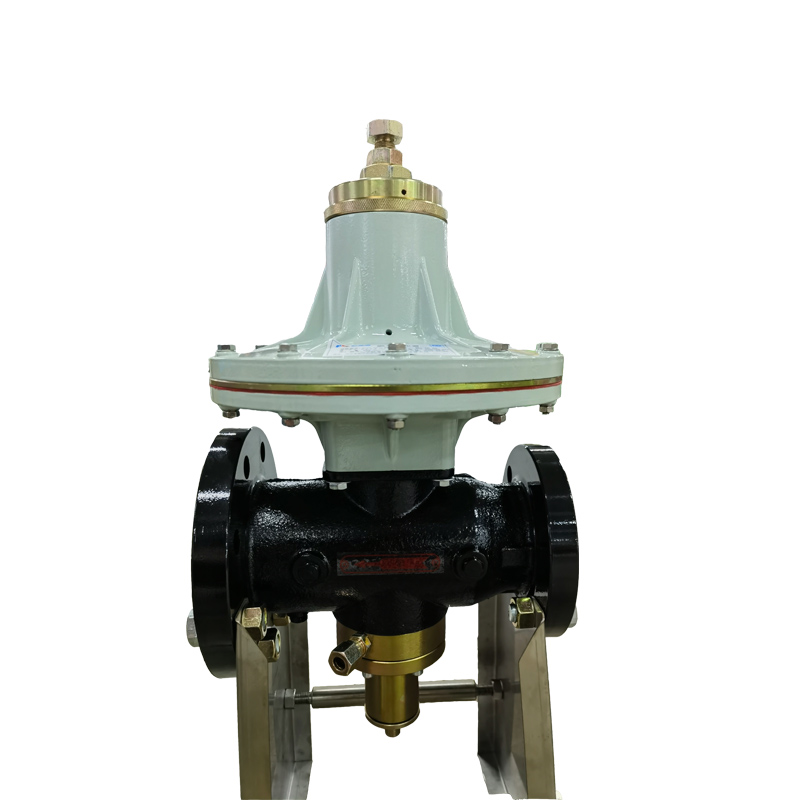
Dec . 11, 2024 11:40
Back to list
natural gas valve
The Importance and Functionality of Natural Gas Valves
Natural gas has become an essential energy source globally, powering everything from residential heating systems to industrial processes. However, the safe transportation and utilization of natural gas rely heavily on various components, one of the most critical being the natural gas valve. This article will explore the importance and functionality of natural gas valves, their types, and their role in ensuring safety and efficiency in gas systems.
Natural gas valves act as critical control points in the distribution system. They regulate the flow of gas, serving to start, stop, or throttle the gas supply as required. Their primary function is to ensure that natural gas flows at the right pressure and volume to meet demand while preventing leaks, which could lead to hazardous situations.
There are several types of natural gas valves, each designed for specific applications
. The most common types include ball valves, gate valves, globe valves, and safety valves.1. Ball Valves These are popular due to their ability to provide a tight seal and quick shutoff capabilities. A ball valve uses a spherical disc to control the flow; when the ball is rotated, it either allows or blocks the gas passage. Their resilience and low pressure drop make them ideal for applications requiring minimal flow resistance.
2. Gate Valves These valves are primarily used to either completely open or close a pipeline. They are not suitable for throttling as they can cause turbulence and wear. Gate valves are known for their robust design, making them suitable for high-pressure applications.
natural gas valve

3. Globe Valves Globe valves are excellent for regulating flow. They can be throttled, and their unique design helps reduce turbulence, making them suitable for applications where flow control is essential.
4. Safety Valves These valves are critical in preventing overpressure situations. They automatically release gas when the pressure exceeds a pre-set limit, ensuring that the system remains safe during operational highs.
The installation of natural gas valves is crucial for both residential and commercial systems. In homes, valves allow for the safe operation of gas appliances such as heaters, stoves, and dryers. In industrial settings, the valves are vital for controlling processes that require precision and safety. Their operation must adhere to strict safety guidelines and regulations to prevent accidents, such as gas escapes or explosive situations.
Additionally, regular maintenance and inspection of natural gas valves are paramount to ensure they function correctly. Over time, factors such as corrosion, wear and tear, or mechanical failure can compromise a valve’s integrity. Preventive measures, including routine checks and timely replacements, are necessary to maintain system reliability and safety.
Moreover, as the energy landscape evolves towards sustainability, innovations in valve technology continue to emerge. Smart valves equipped with sensors and automated control systems are paving the way for more efficient gas management. These advancements not only improve safety but also facilitate better energy conservation practices.
In conclusion, natural gas valves are vital components in the efficient and safe distribution of natural gas. They not only ensure smooth operations but also play a pivotal role in safeguarding against potential disasters associated with gas leaks and pressure surges. As the demand for natural gas continues to rise, understanding the functionality and importance of these valves is crucial for both industries and consumers alike. Proper installation, maintenance, and innovation in valve technology will ensure a reliable and safe natural gas supply for the future.
Latest news
-
Safety Valve Spring-Loaded Design Overpressure ProtectionNewsJul.25,2025
-
Precision Voltage Regulator AC5 Accuracy Grade PerformanceNewsJul.25,2025
-
Natural Gas Pressure Regulating Skid Industrial Pipeline ApplicationsNewsJul.25,2025
-
Natural Gas Filter Stainless Steel Mesh Element DesignNewsJul.25,2025
-
Gas Pressure Regulator Valve Direct-Acting Spring-Loaded DesignNewsJul.25,2025
-
Decompression Equipment Multi-Stage Heat Exchange System DesignNewsJul.25,2025

